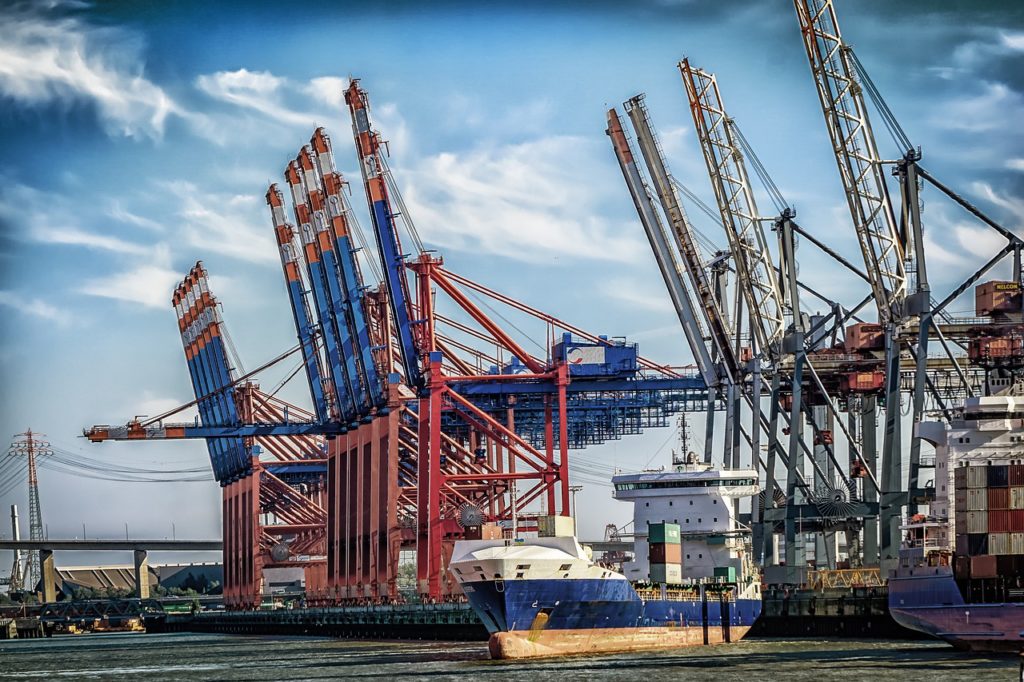A new economic era
How has the Organisation for Economic Co-operation and Development (OECD) been offering support to the G20?
We try to reinforce the multilateral system by adding our skills to what others already do or, in some cases, by leading the charge because we have done the research. Our contribution to the G20 is in the context of what the OECD is about: supporting multilateral approaches and multilateral solutions to global challenges. By definition, global challenges can only be dealt with by global solutions.
For the G20, that is done by providing evidence that helps it frame its discussions. We do a lot of the least glamorous work: providing evidence, comparisons, benchmarking, calculations and statistics, so that lessons can be extracted and turned into best practices.
Our Investing in Climate, Investing in Growth report for last year’s German presidency linked the idea that defending the environment can be good for business, because it can bring investment, generate jobs and develop technology. The German presidency also focused on the digital agenda, which we started on under the 2016 Chinese presidency with Hangzhou’s G20 Blueprint for Innovative Growth. It can take months, sometimes years, to prepare these documents. They need to be evidence-based and very focused. We helped deliver the digital government principles for the G20 digital ministerial meeting last August, along with the G20 Toolkit for Measuring the Digital Economy.
The automatic exchange of information (AEOI) for tax purposes looked like a pipe dream when we started working on it a few years ago. But as of September 2018, more than 100 countries are exchanging information automatically. So John Kirton creates a bank account anywhere in the world, and the bank has to inform its authorities who immediately inform the Canadian authorities that a certain John Kirton has created an account. And they will say, “Mr Kirton, we have information that confirms that you created this account. So perhaps you would come by and have a cup of tea.” There is nowhere to hide now, John! Between AEOI and base erosion and profit shifting (BEPS), which means multinational corporations will pay their fair share of taxes, about €93 billion of additional revenue has already been collected. I say this with great pride because that’s about 400 times our core budget. In terms of cost benefit, we’re the best business that our members can have.
On how to tax digital commerce, we have been mandated by the G20 to deliver a roadmap by 2020. On global excess steel capacity, which is related to the current trade conflicts, we were asked by the G20 in Hangzhou to create a global forum on steel excess capacity, which is active and making progress.
What are your priorities for this year’s Buenos Aires Summit?
There are two elephants in the room: trade and climate.
What are we going to do about trade and investment? Most of our economies are about services, and we are still fighting about manufactured goods and agriculture. We need to keep markets open. Trade tensions do not bring solutions; they hurt growth and destroy jobs everywhere. The OECD has estimated that in a scenario where China, Europe and the United States all raise trade barriers against all partners on all goods (but not services) by 10 percentage points, global gross domestic product could fall by around 1.5% in the medium term. This would erase all the gains so far from the structural reforms in the G20 members’ growth strategies.
On climate, next year is important, leading up to the big evaluation on implementing the Paris Agreement. We need to prepare, and we need to maintain a spirit of cooperation and continue engaging on issues where we can make progress such as biodiversity or climate-resilient infrastructure.
How can the G20 and OECD work more closely together for the benefit of us all?
The OECD is part of the G20 support system. The G20 does not have a secretariat or a permanent bureaucracy, but each G20 presidency uses the International Monetary Fund, the World Bank, the International Labour Organization, the World Trade Organization and the OECD. We work with them, but also for them. And we are already working with Japan for next year’s summit.
We need to keep in mind that the world is ever more interconnected. This is not just the flow of goods and services, but also people and data. With migration and digitalisation, we need the right policies for education, skills, labour and competition, and also emerging challenges such
as big data and artificial intelligence.













